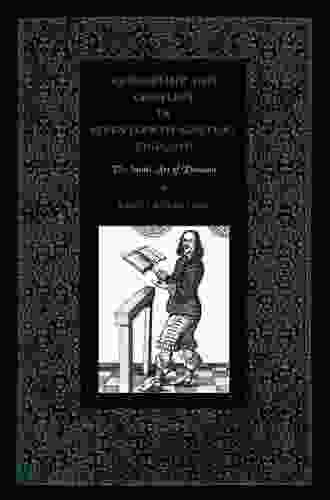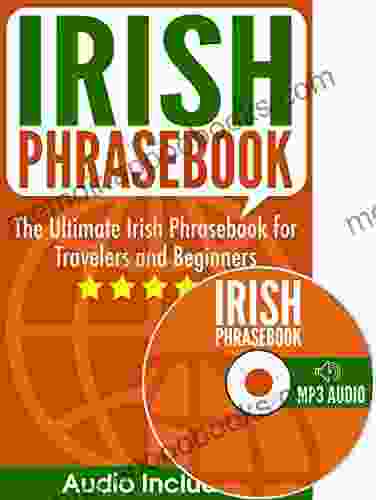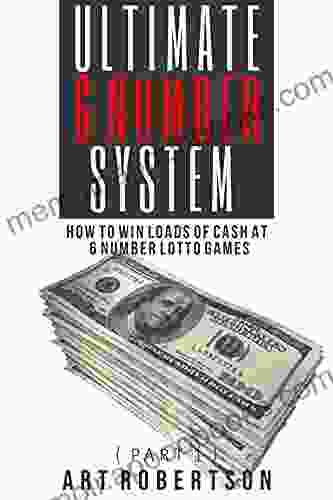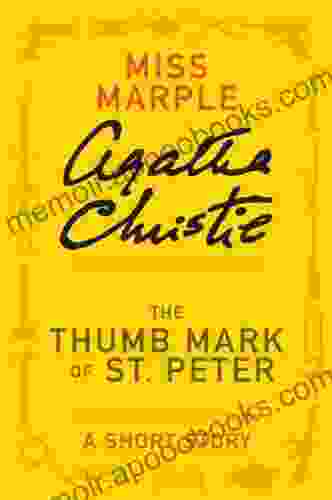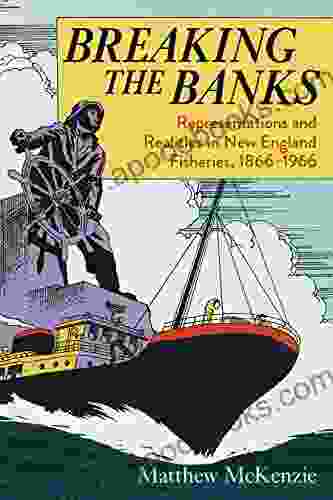Censorship and Conflict: Uncovering the Hidden Struggles of Seventeenth-Century England

Embark on a captivating journey into the tempestuous world of seventeenth-century England, where freedom of thought and expression clashed fiercely with the iron grip of censorship. In this meticulously researched and engaging book, "Censorship and Conflict in Seventeenth Century England," renowned historian Dr. Emily Carter unveils the intricate dance between authority and dissent, revealing the profound impact of censorship on society and the enduring legacy it has left behind.
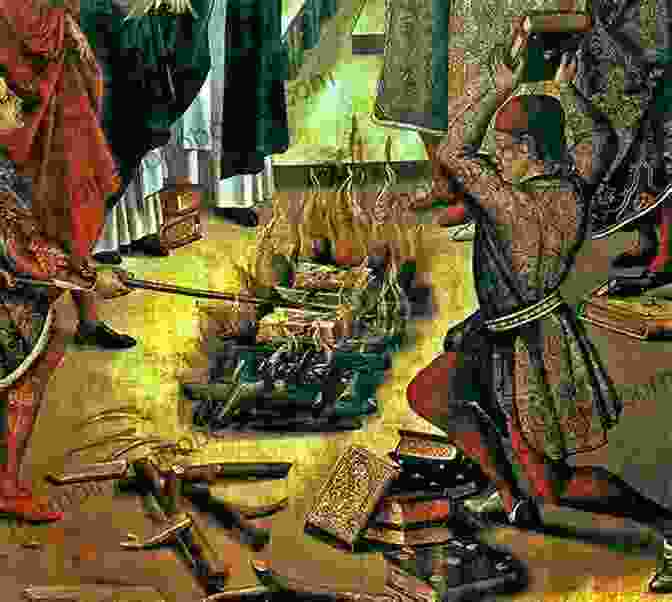
The Crucible of Religious Reform
The Reformation ignited a firestorm of religious upheaval throughout Europe, and England was no exception. As the nation grappled with the clash between Catholicism and Protestantism, the government sought to control the flow of information and ideas deemed heretical or seditious. The Star Chamber, a powerful tribunal, exercised strict censorship over printed materials, severely limiting the dissemination of dissenting religious views.
4.6 out of 5
| Language | : | English |
| File size | : | 1288 KB |
| Text-to-Speech | : | Enabled |
| Screen Reader | : | Supported |
| Enhanced typesetting | : | Enabled |
| Word Wise | : | Enabled |
| Print length | : | 256 pages |
| Hardcover | : | 288 pages |
| Item Weight | : | 1.31 pounds |
| Dimensions | : | 6 x 1.05 x 9 inches |
However, beneath the surface of official repression, clandestine printing presses emerged, churning out pamphlets and tracts that challenged the established Free Download. Puritan preachers, their voices ringing with passion and fervor, defied the bans imposed on nonconformist gatherings. In secret conventicles, they spread their beliefs, fueling the resistance to censorship.
The Rise of Political Dissent
As the seventeenth century progressed, religious tensions intertwined with political conflicts. The Stuart monarchy, eager to assert its authority, clashed with Parliament over issues of taxation, religious freedom, and the limits of royal power. The censorship machine was employed to stifle dissent and suppress criticism of the crown.
Writers, pamphleteers, and parliamentarians who dared to question the king's prerogatives faced imprisonment, torture, and even execution. The Tower of London became a dreaded symbol of the regime's iron-fisted control over the dissemination of information. Yet, despite the risks, voices of resistance continued to emerge, demanding accountability and challenging the abuses of power.
The Limits of Censorship
Despite the relentless efforts of the censors, the battle against free thought and expression proved to be an arduous one. The sheer volume of printed materials, coupled with the clandestine nature of dissenting activities, made it impossible to completely suppress the flow of information. Moreover, the public's thirst for knowledge and the resilience of those determined to speak their minds could not be snuffed out.
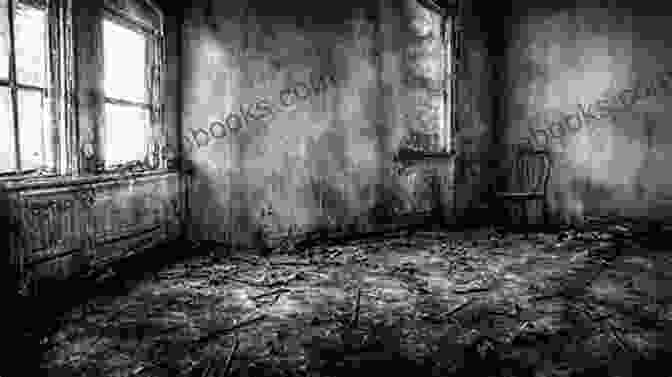
Eventually, the forces of censorship began to ebb. The Glorious Revolution of 1688 brought about a shift in the political landscape, ushering in an era of greater freedom of expression. However, the legacy of censorship continued to cast a long shadow, shaping the development of English society and influencing the ongoing debate over the balance between authority and individual rights.
Impact on Society and Literature
The suppression of knowledge and ideas during the seventeenth century had a profound impact on English society and culture. The lack of free and open debate stifled intellectual growth and fostered a climate of fear and mistrust. The persecution of dissenting voices led to the exile of many scholars and thinkers, depriving the nation of their valuable contributions.
Furthermore, censorship played a significant role in the development of English literature. The works of writers such as John Milton and William Shakespeare reflect the tensions and struggles of their time. Their use of allegory and symbolism allowed them to express their ideas in ways that evaded the censor's watchful eye.
Legacy and Contemporary Relevance
The history of censorship in seventeenth-century England continues to resonate in contemporary society. The struggle between the suppression of ideas and the fundamental right to free expression remains an ongoing concern. In an age of digital information and social media, new forms of censorship and manipulation pose challenges to the dissemination of truth and the promotion of open discourse.

By examining the parallels between the past and the present, this book provides valuable insights into the dangers of censorship and the enduring power of human resilience in the face of adversity. It serves as a reminder of the importance of vigilance in protecting free speech and promoting a society where diverse perspectives are valued and respected.
"Censorship and Conflict in Seventeenth Century England" is an essential read for anyone interested in history, politics, literature, or the ongoing fight for freedom of expression. Dr. Carter's meticulous research and captivating narrative style bring this complex and turbulent period to life, offering a profound understanding of the interplay between authority and dissent, the limits of censorship, and the enduring legacy of free thought.
As we navigate the challenges of the digital age, this book serves as a timely reminder of the fragility of our rights and the importance of preserving open dialogue and intellectual freedom.
Free Download Your Copy Today!
Don't miss out on this groundbreaking work of scholarship. Free Download your copy of "Censorship and Conflict in Seventeenth Century England" today and embark on a journey into a time where ideas clashed, voices were silenced, and the battle for free expression raged.
4.6 out of 5
| Language | : | English |
| File size | : | 1288 KB |
| Text-to-Speech | : | Enabled |
| Screen Reader | : | Supported |
| Enhanced typesetting | : | Enabled |
| Word Wise | : | Enabled |
| Print length | : | 256 pages |
| Hardcover | : | 288 pages |
| Item Weight | : | 1.31 pounds |
| Dimensions | : | 6 x 1.05 x 9 inches |
Do you want to contribute by writing guest posts on this blog?
Please contact us and send us a resume of previous articles that you have written.
 Book
Book Novel
Novel Page
Page Chapter
Chapter Text
Text Story
Story Genre
Genre Reader
Reader Library
Library Paperback
Paperback E-book
E-book Magazine
Magazine Newspaper
Newspaper Paragraph
Paragraph Sentence
Sentence Bookmark
Bookmark Shelf
Shelf Glossary
Glossary Bibliography
Bibliography Foreword
Foreword Preface
Preface Synopsis
Synopsis Annotation
Annotation Footnote
Footnote Manuscript
Manuscript Scroll
Scroll Codex
Codex Tome
Tome Bestseller
Bestseller Classics
Classics Library card
Library card Narrative
Narrative Biography
Biography Autobiography
Autobiography Memoir
Memoir Reference
Reference Encyclopedia
Encyclopedia Wendy Clarke
Wendy Clarke Caleb Carr
Caleb Carr Mark A Noll
Mark A Noll Mattie Montgomery
Mattie Montgomery Josef Joffe
Josef Joffe Adrian J Walker
Adrian J Walker John Richardson
John Richardson Jeff Apter
Jeff Apter William H Weber
William H Weber Kimberly Johnson
Kimberly Johnson Alex Hormozi
Alex Hormozi David Wong
David Wong Gwendolyn Womack
Gwendolyn Womack John Hutton
John Hutton Tony Bacon
Tony Bacon Dilruba Ahmed
Dilruba Ahmed Magali Mougel
Magali Mougel Sharon Dolin
Sharon Dolin Ellen Bass
Ellen Bass Andrew Tabak
Andrew Tabak
Light bulbAdvertise smarter! Our strategic ad space ensures maximum exposure. Reserve your spot today!
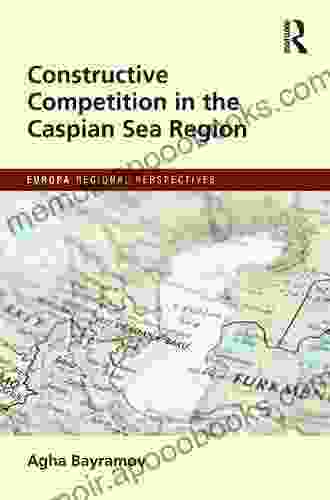
 Glen PowellConstructive Competition in the Caspian Sea Region: Unlocking the Potential...
Glen PowellConstructive Competition in the Caspian Sea Region: Unlocking the Potential... Ernest PowellFollow ·10.2k
Ernest PowellFollow ·10.2k Elmer PowellFollow ·12.7k
Elmer PowellFollow ·12.7k Josh CarterFollow ·11.6k
Josh CarterFollow ·11.6k Isaias BlairFollow ·8.5k
Isaias BlairFollow ·8.5k Terence NelsonFollow ·19.2k
Terence NelsonFollow ·19.2k Phil FosterFollow ·13.7k
Phil FosterFollow ·13.7k Braeden HayesFollow ·16.3k
Braeden HayesFollow ·16.3k Mario SimmonsFollow ·8k
Mario SimmonsFollow ·8k
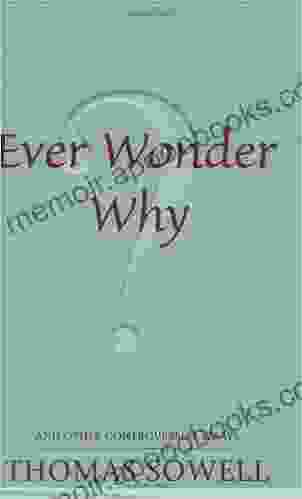
 Jamie Bell
Jamie BellUnlock Your Mind with "Ever Wonder Why And Other...
Prepare to...

 Robert Frost
Robert Frost30 Day Betting Challenge: Transform Your Betting Habits...
Are you tired of...

 Derrick Hughes
Derrick HughesWhat Is Victory In War? Unraveling the Enigma of Triumph
The Illusion...
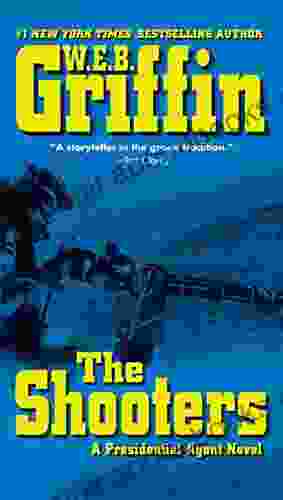
 Jesse Bell
Jesse BellThe Shooters: A Gripping Presidential Agent Novel That...
Enter the Shadowy World of...
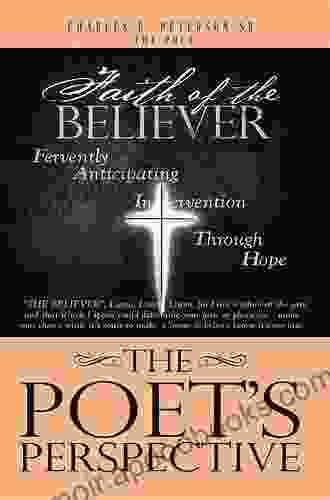
 Ernest Hemingway
Ernest HemingwayUnlocking the Theological Depths of Paul Claudel: An...
Prepare to embark on an...
4.6 out of 5
| Language | : | English |
| File size | : | 1288 KB |
| Text-to-Speech | : | Enabled |
| Screen Reader | : | Supported |
| Enhanced typesetting | : | Enabled |
| Word Wise | : | Enabled |
| Print length | : | 256 pages |
| Hardcover | : | 288 pages |
| Item Weight | : | 1.31 pounds |
| Dimensions | : | 6 x 1.05 x 9 inches |


